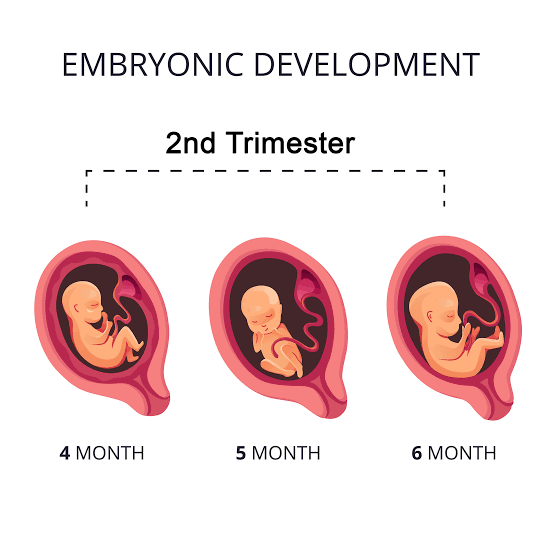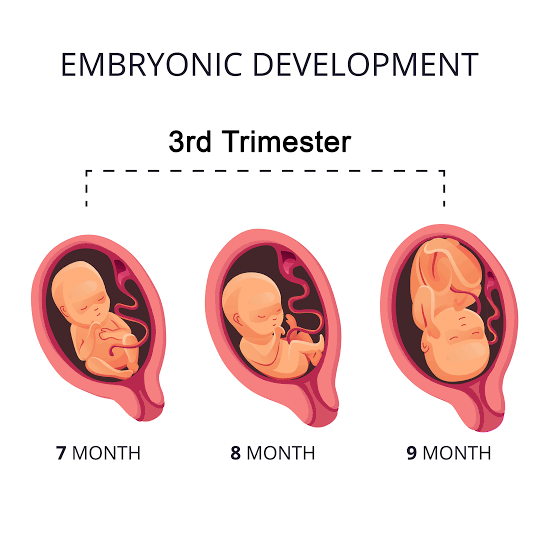Postpartum care, also known as the postnatal period, is a crucial phase in a woman’s life that follows childbirth. It spans approximately six weeks and involves various physical and emotional changes as the body recovers from pregnancy and labor. Adequate postpartum care is essential to ensure the well-being of both the mother and the newborn during this sensitive time.
Physical Recovery:
During the postpartum period, a woman’s body undergoes significant changes as it returns to its pre-pregnancy state. Common physical discomforts, such as vaginal soreness, perineal tears, and uterine contractions, are to be expected. Proper hygiene and wound care are essential to prevent infection and promote healing. Adequate rest, a balanced diet, and staying hydrated are vital for the body’s recovery process.
Emotional Support:
The postpartum period can be emotionally challenging for new mothers as they experience hormonal fluctuations and adjust to their new role. Postpartum depression and anxiety are common and should not be dismissed. Encouraging open communication and providing a supportive environment can help new mothers cope with these emotions. Identifying signs of postpartum mood disorders and offering professional mental health support is crucial for early intervention and recovery.
Breastfeeding Guidance:
Breastfeeding is a significant aspect of postpartum care, offering numerous health benefits for both the mother and the baby. Take proper guidance and support to establish a successful breastfeeding routine. Addressing common breastfeeding challenges, such as latching difficulties and nipple soreness, can enhance the overall breastfeeding experience.
Postpartum Exercises:
Gentle postpartum exercises can aid in strengthening core muscles, improving posture, and increasing energy levels. However, it is crucial to consult before starting any exercise regimen to ensure it is safe and suitable for individual recovery needs.
Birth Control and Family Planning:
Discussing birth control and family planning options during the postpartum period is essential to enable mothers to make informed choices about their reproductive health. Healthcare providers should offer information about various contraceptive methods and help women select the most suitable option based on their preferences and medical history.
Follow-Up Visits:
Regular follow-up visits with a healthcare provider are essential during the postpartum period. These visits allow monitoring of the mother’s physical recovery, emotional well-being, and the baby’s growth and development. Any concerns or complications that arise can be promptly addressed, promoting better overall health outcomes for both the mother and the newborn.
Support Network:
Encouraging new mothers to build a strong support network of family and friends can significantly ease the challenges of the postpartum period. Having loved ones to assist with household chores, childcare, and emotional support can alleviate stress and contribute to a smoother recovery process.
Conclusion:
The postpartum period is a critical time that requires comprehensive care and support for new mothers. By addressing physical recovery, emotional well-being, breastfeeding guidance, exercise, family planning, and regular follow-up visits, healthcare providers can ensure that mothers experience a healthy and positive postnatal journey. Remember, every woman’s postpartum experience is unique, and personalized care is essential to meet individual needs. Together, we can make the postpartum period a safer and more enjoyable phase for both mother and baby.















